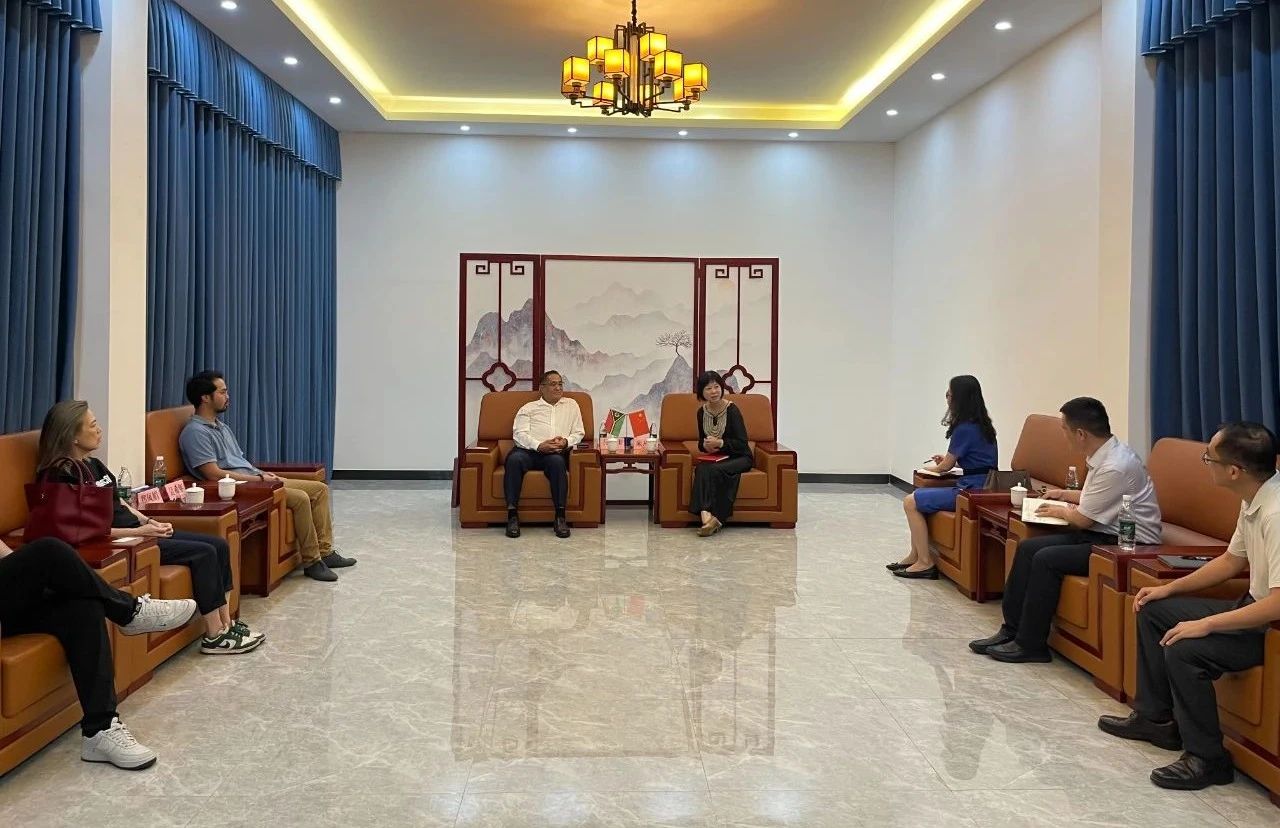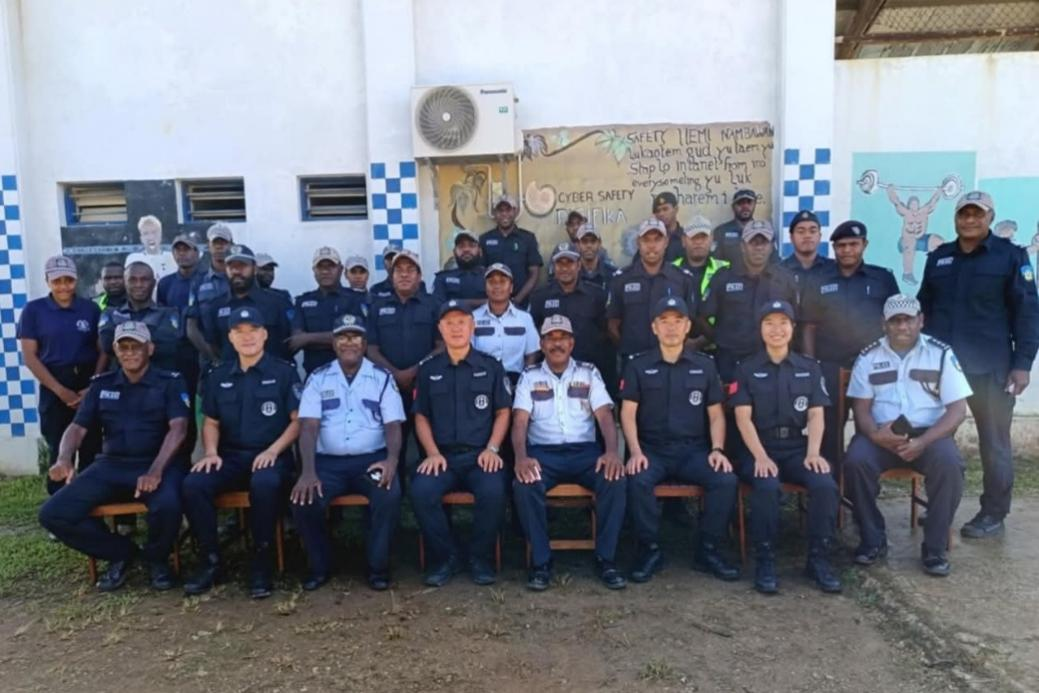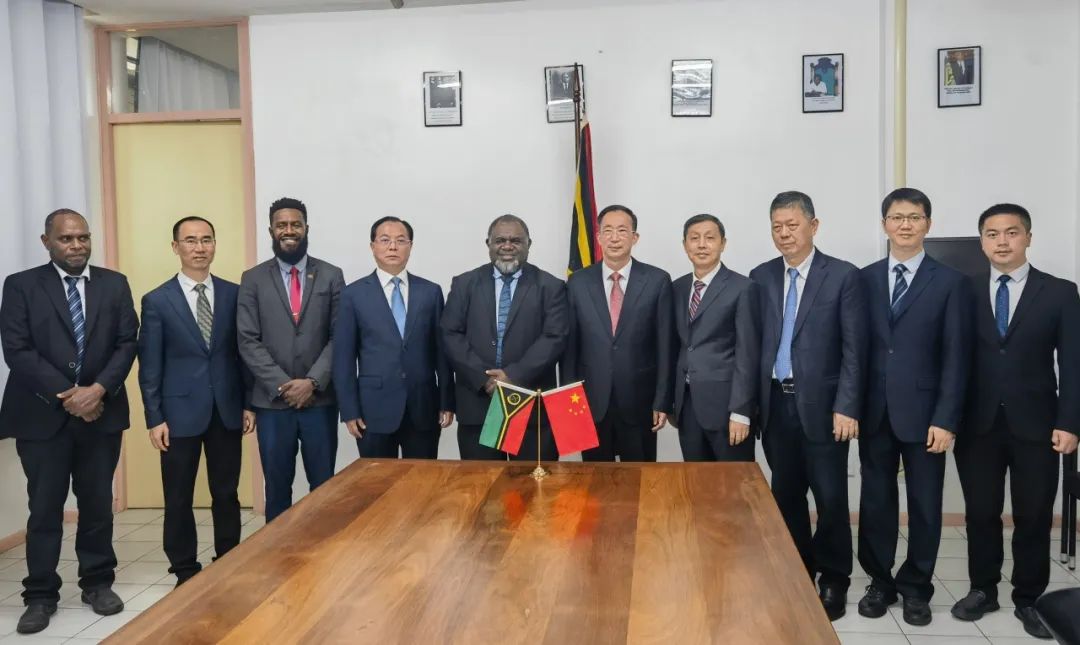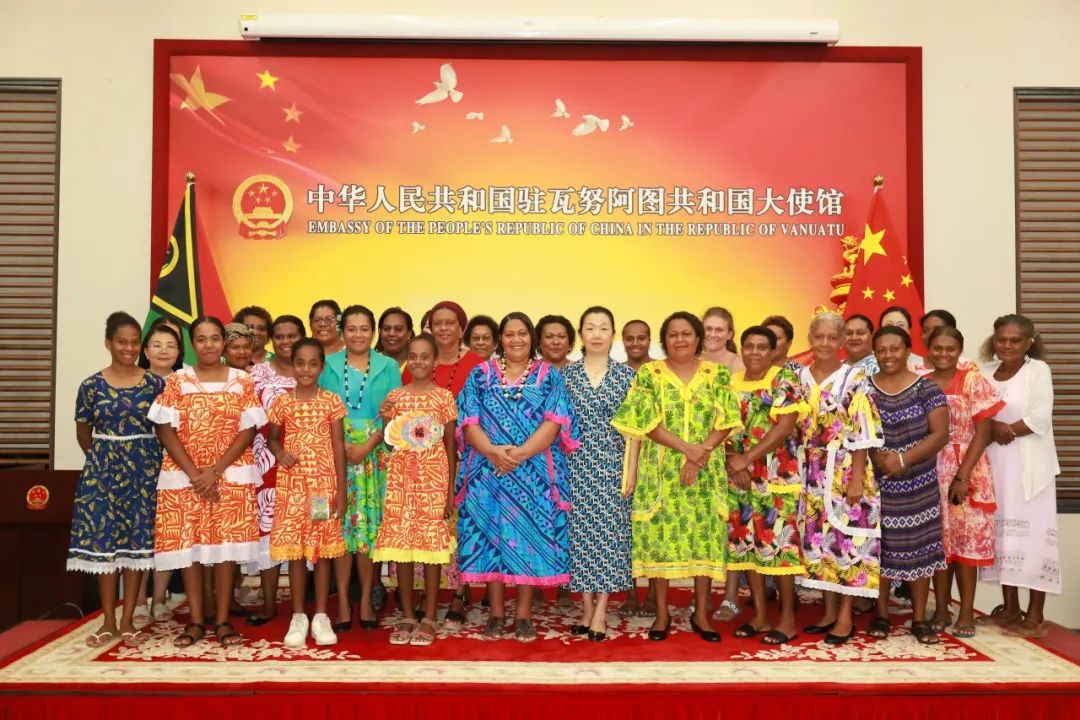The Vanuatu Parliament has voted to pass a constitutional amendment, encompassing multiple important contents!
At the National Assembly, these amendments were passed with 49 votes in favor and 3 abstentions, marking the 9th constitutional amendment in the country's history. However, these amendments, which have been passed in the parliament, still need to win public support in a referendum before they can officially become law.
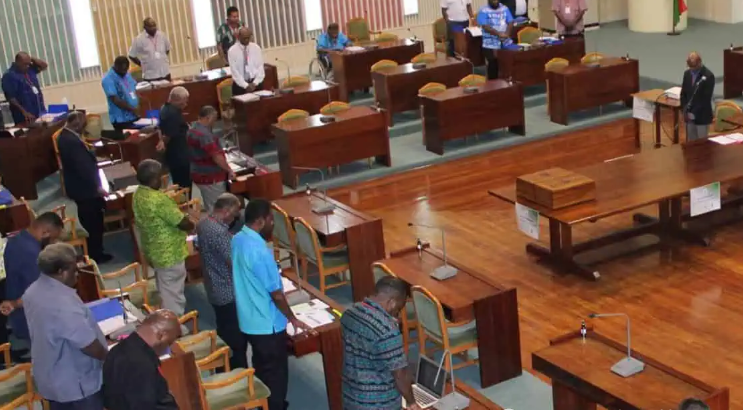
According to the Daily News of Vanuatu, Seoule Simeon, the Member of Parliament (MP) for the Epi constituency, has left the opposition and switched to supporting the government. This change has increased the number of MPs in the government camp from 39 to 40, while the number of opposition MPs, led by Ishmael Kalsakau, has dropped to 12.
Simon, who once served as the deputy representative of the opposition, held a ceremony to officially form an alliance with the Vanuaaku Party. The voting result was actually not surprising, as some members of parliament had already made it clear during the debate on the Fifth Amendment that they would not support certain proposed amendments.
The debate primarily centered on the amendment that established a 12-month grace period for the newly elected Prime Minister. According to this provision, the Prime Minister will not face a motion of no confidence within 12 months of his/her election.
Jotham Napat, the Prime Minister who proposed the amendment, told the Parliament that this adjustment was in the overall interest of the country and was not driven by political speculation. Referring to the existing Articles 17A and 17B, he believed that these provisions inherently helped maintain the continuity of government operations, and the newly added 12-month grace period could further strengthen this continuity.
However, Karthakur criticized the Prime Minister for failing to fulfill his promise to advance reforms within three months after being elected, arguing that the reforms had not yielded significant results, and accused the Prime Minister of using the grace period to evade responsibility.
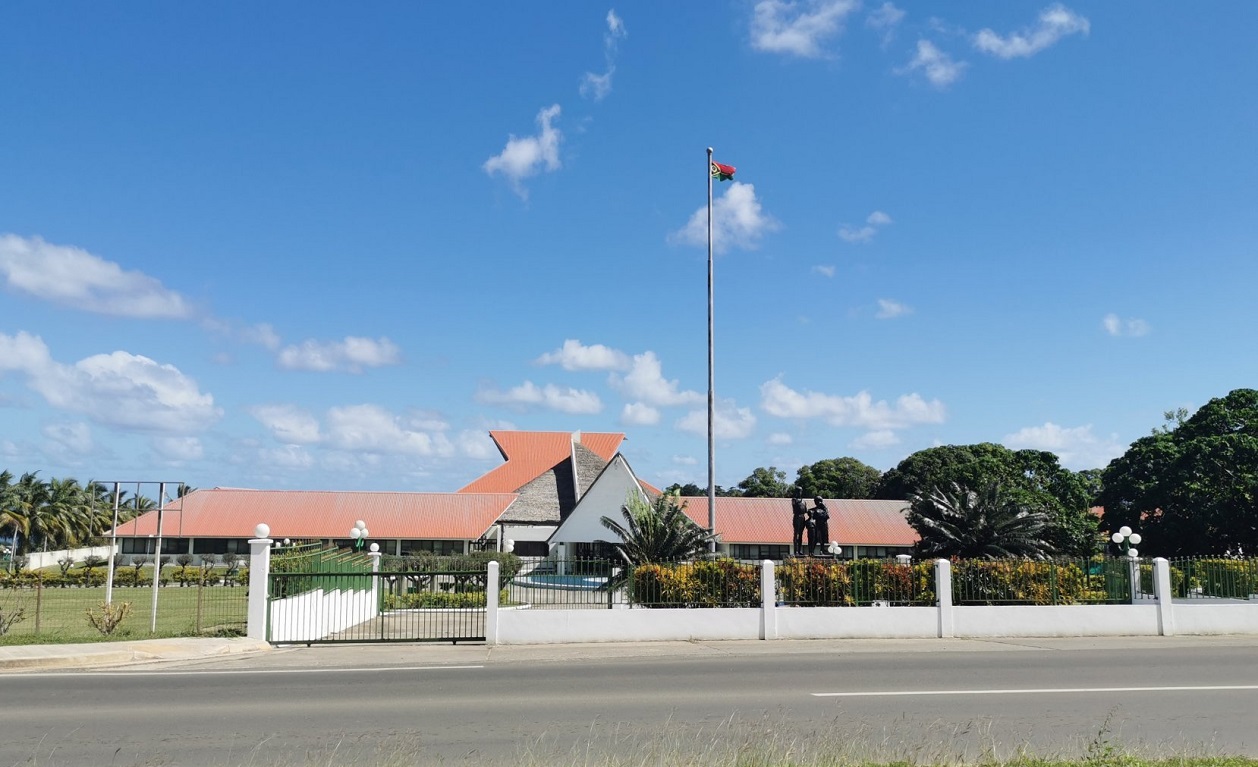
Commenting on the constitutional amendment vote that day, Interior Minister Andrew Napuat noted, "During my fourth term in parliament, I have witnessed the maturity demonstrated in the debate and voting process. Members did not abstain from voting due to political affiliations or parliamentary positions. They expressed their views one after another, and their voting patterns showed a mature attitude towards handling national affairs."
He further stated, "In my view, the starting point of these amendments is closely related to the current situation of the country. At present, leaders need to choose whether to promote change or maintain the status quo. Although many people regard the constitution as sacred and inviolable, it is not the Bible, so we must revise it to make it fit the development of the times and respond to the emergence of diverse ideologies and public demands."
Despite the Parliament's approval of the 9th Constitutional Amendment, Deputy Prime Minister and Finance Minister Johnny Koanapo confirmed that due to the lack of budget allocation for two of the amendments, a referendum cannot be held this year. Koanapo stated, "These amendments will not be implemented this year. It is unrealistic for anyone to think that a referendum can be held this year, as there is no budget for a referendum from a practical operational perspective.".
He also stressed: "The key is to explore how to do what is most in line with the interests of citizens and to fully debate these reform proposals. This move is not intended to keep Prime Minister Napat in power, but to give him a chance. If we push out capable leaders solely for our own selfish interests and propose motions lacking practical basis, it will only cause instability... The ultimate result is that the driving force for national development will be lost."
Previously, the Vanuatu government invested 350 million vatu (approximately US$2.9571 million) in the 2024 referendum, but the voter turnout did not meet expectations, prompting the country to implement a compulsory voting system.

